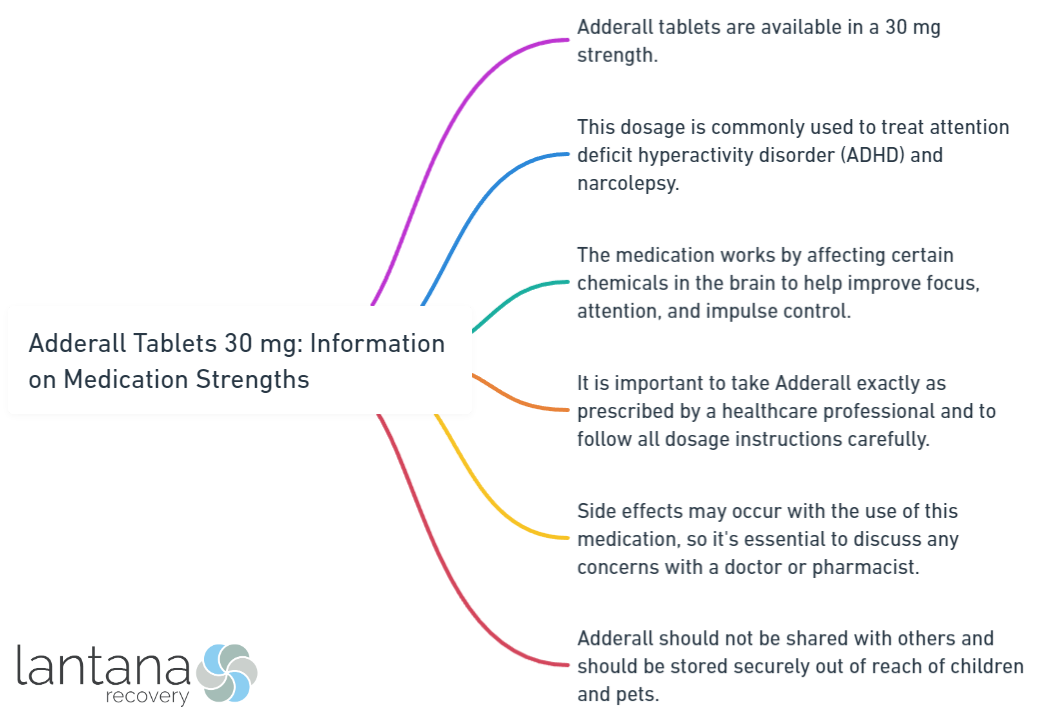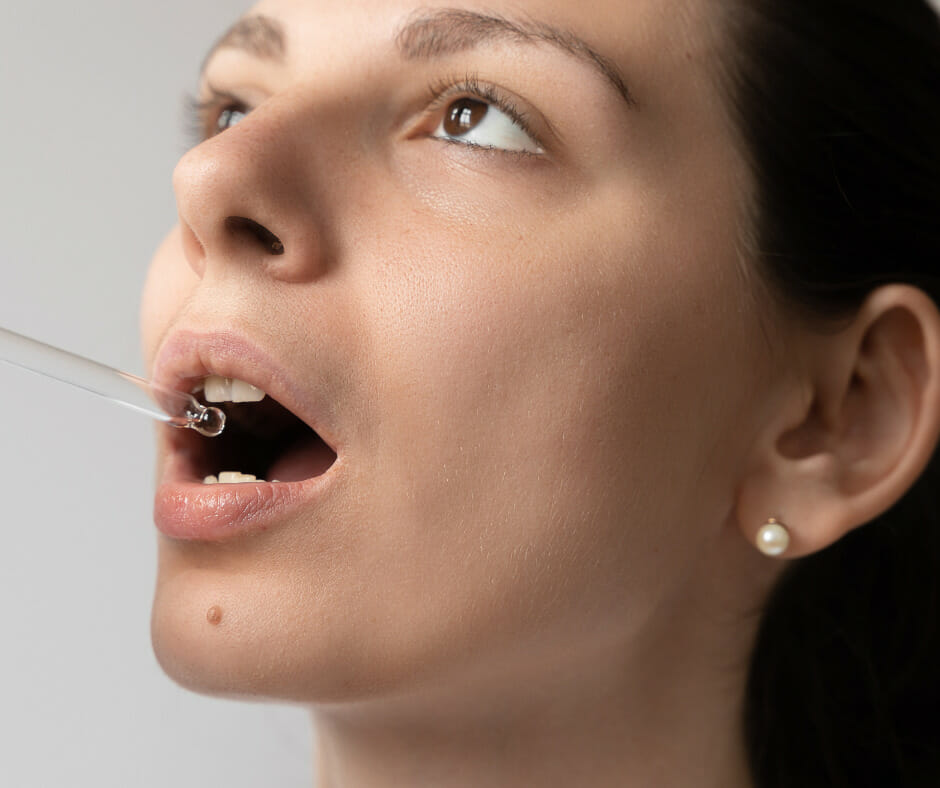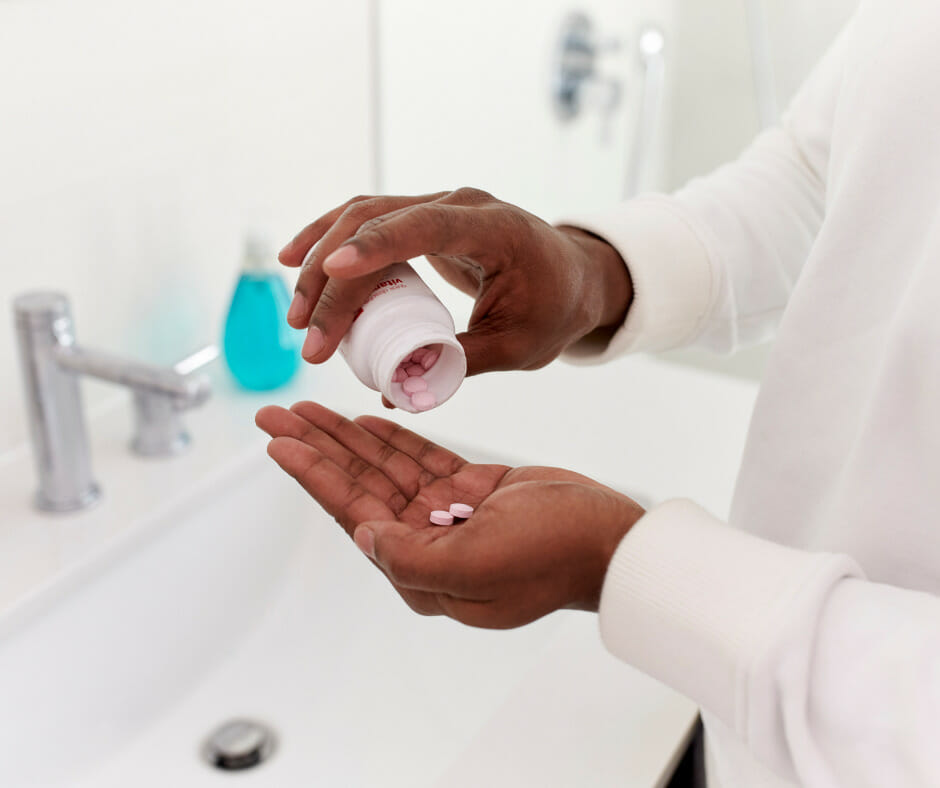Adderall is a widely prescribed medication used to treat attention deficit hyperactivity disorder (ADHD) and narcolepsy. It is a combination of two stimulant drugs, amphetamine, and dextroamphetamine, that work by affecting the chemicals in the brain and nerves that contribute to hyperactivity and impulse control.
Adderall is available in different strengths, including Adderall Tablets 30 mg. This article aims to provide information specifically about Adderall Tablets 30 mg, its uses, working mechanism, and precautions.
Understanding Adderall 30 mg Tablets
Adderall Tablets 30 mg are a specific dosage form of Adderall that contains 30 milligrams of the active ingredients. It is commonly prescribed for individuals with ADHD who require a higher dosage to effectively manage their symptoms. This dosage is usually reserved for patients who have not achieved the desired results with lower strengths or those with more severe symptoms.
How Does Adderall 30 mg Work?
Adderall 30 mg works by increasing the levels of certain chemicals, such as dopamine and norepinephrine, in the brain. These neurotransmitters play a crucial role in regulating attention, impulse control, and behavior. By restoring the balance of these chemicals, Adderall helps improve focus, reduce hyperactivity, and enhance overall cognitive functioning in individuals with ADHD.
Uses of Adderall 30 mg Tablets
Adderall 30 mg tablets are primarily used to treat attention deficit hyperactivity disorder (ADHD) in both children and adults. It is also prescribed for narcolepsy, a neurological disorder characterized by excessive daytime sleepiness and sudden sleep attacks. When taken as directed by a healthcare professional, Adderall 30 mg can effectively manage the symptoms associated with these conditions.
It is important to note that Adderall should only be used under the supervision of a healthcare professional and as part of a comprehensive treatment plan. The dosage and duration of treatment will vary depending on individual needs and response to the medication.
In the following sections, we will delve into more specific details about Adderall 30 mg, including who may be prescribed this dosage, the conditions it treats, how to take it, potential side effects, and important precautions and warnings to consider.

What is Adderall?
Adderall is a medication that is commonly prescribed for ADHD (Attention Deficit Hyperactivity Disorder) and narcolepsy. It contains two stimulant drugs, amphetamine and dextroamphetamine, both of which have an impact on brain chemicals. These chemicals play a role in hyperactivity and impulse control.
The purpose of Adderall is to increase neurotransmitter levels in the brain. This helps to regulate attention, improve focus, and manage behavior. By elevating these levels, individuals with ADHD are able to concentrate better and have more control over their impulses.
It is crucial to emphasize that Adderall should only be taken with medical supervision and as directed by a healthcare professional. Using this medication without a prescription or in higher doses can be hazardous and result in severe side effects. Moreover, it is not suitable for everyone, particularly individuals with certain medical conditions or a history of substance abuse, who should refrain from taking Adderall.
In summary, Adderall is a prescription medication utilized for treating ADHD and narcolepsy. Studies have shown that the lower dosages of methamphetamine, an active ingredient in Adderall helps improve focus, concentration, and attention in individuals with ADHD. It contains stimulant drugs that influence brain chemicals responsible for hyperactivity and impulse control. When taken as prescribed, it helps regulate attention, focus, and behavior in individuals with ADHD. However, it should always be used under medical supervision and is not suitable for everyone.

What are the Different Strengths of Adderall?
When it comes to Adderall, individuals often wonder, “What are the different strengths of Adderall?” It is important to note that there are several strengths available for this medication, each containing a specific dosage of the active ingredients. Here is a comprehensive list of the different strengths of Adderall:
– Adderall 5 mg: This is the lowest strength option, with 5 milligrams of the active ingredients.
– Adderall 10 mg: Slightly stronger than the 5 mg dose, this strength contains 10 milligrams of the active ingredients.
– Adderall 20 mg: For individuals requiring a higher dose, the 20 mg strength provides 20 milligrams of the active ingredients.
– Adderall 30 mg: The highest strength available, this option contains 30 milligrams of the active ingredients and is typically prescribed for those who need a more potent dosage to effectively manage their condition.
To determine the appropriate strength and dosage of Adderall, it is essential to consider several factors, including the individual’s condition, age, weight, and response to the medication. Only a qualified healthcare professional can assess these factors and prescribe the suitable strength and dosage for an individual. For more information, refer to our article on Adderall dosage chart by weight.
Understanding the different strengths of Adderall is crucial for individuals prescribed this medication. It enables them to have knowledge of the specific dosage and ensures they are taking the correct amount to effectively manage their condition.
What Conditions Does Adderall 30 mg Treat?
Adderall 30 mg is prescribed to treat certain conditions. It is commonly used for attention deficit hyperactivity disorder (ADHD) in both children and adults. ADHD is a neurodevelopmental disorder that is characterized by difficulties in paying attention, impulsivity, and hyperactivity. Adderall helps to improve focus, reduce impulsivity, and decrease hyperactivity in individuals with ADHD.
In addition to treating ADHD, Adderall 30 mg may also be used to treat narcolepsy. Narcolepsy is a sleep disorder that causes excessive daytime sleepiness and sudden, uncontrollable sleep episodes. Adderall can help increase wakefulness and reduce sleep attacks in individuals with narcolepsy.
Narcoleptic patients are more prone to ADHD than the general population. Results from a cross-sectional study published in the journal Sleep says, “As much as 30% of all patients suffering from narcolepsy without cataplexy and 15% of narcoleptics with cataplexy had symptoms of ADHD.” (Attention-Deficit/Hyperactivity Disorder (ADHD) Symptoms in Pediatric Narcolepsy: A Cross-Sectional Study, Lecendreux et al., 2015)
It is important to remember that Adderall should only be taken as prescribed and under the supervision of a healthcare professional. It is not intended for recreational use or for weight loss. Misusing or abusing Adderall can have serious health consequences.
If you believe that Adderall 30 mg may be beneficial for you or someone you know, it is recommended to consult with a healthcare professional for evaluation and appropriate recommendations.

How to Take Adderall 30 mg?
To safely and effectively take Adderall 30 mg, follow these steps:
- Carefully read the medication guide provided by your healthcare provider or pharmacist.
- Take Adderall 30 mg exactly as prescribed. Do not take more or less than prescribed.
- Swallow the tablet whole with a glass of water. Do not crush, chew, or break it.
- Take Adderall 30 mg with or without food, as directed.
- Take Adderall in the morning to avoid potential sleep disturbances.
- Avoid taking Adderall late in the day to prevent insomnia or sleep-related issues.
- Consult your healthcare provider before stopping Adderall 30 mg abruptly to avoid withdrawal symptoms.
- If you miss a dose, take it as soon as you remember. If it’s close to your next dose, skip the missed dose and continue with your regular schedule.
- Monitor your response to the medication and report any concerning side effects or lack of effectiveness to your healthcare provider.
- Store Adderall 30 mg at room temperature, away from moisture and heat.
Remember that individual instructions may vary, so always follow the specific guidance from your healthcare provider. If you have any questions or concerns about how to take Adderall 30 mg, consult with your healthcare provider without hesitation.
If you are concerned about Adderall overdose, read our article on too much Adderall symptoms to know more about the potential signs you must be aware of, especially when taking such a high does (30 mg) of Adderall.
Side Effects of Adderall 30 mg
There are some side effects of taking Adderall 30 mg for an extended period. According to a recent study, most commonly reported side-effects of Adderall are, insomnia, loss of appetite, increased heart rate, headaches, dry mouth, irritability or mood swings, and anxiety or nervousness, are important to be aware of. It’s crucial to know that these side effects are not exhaustive, and other adverse reactions may occur. If you experience any concerning side effects while taking Adderall 30 mg, it is recommended to consult your healthcare provider.
In a true history, John was prescribed Adderall 30 mg for ADHD. While it initially helped him with focus and organization, he experienced side effects. John had trouble sleeping and felt restless during the day. He also lost weight due to a decreased appetite. He discussed his concerns with his doctor, who adjusted his dosage and provided recommendations for managing the side effects. With the revised treatment plan, John found a balance that allowed him to benefit from Adderall while minimizing unwanted side effects.

Precautions and Warnings for Adderall 30 mg
When taking Adderall 30 mg, be aware of the precautions and warnings associated with this medication. Important information to consider includes:
- Heart problems: Adderall may increase the risk of heart problems, especially in individuals with pre-existing conditions. Inform your doctor if you have a history of heart disease or high blood pressure.
- Psychiatric effects: Adderall can cause psychiatric symptoms such as aggression, hallucinations, and manic episodes. If you experience unusual changes in behavior or mood while taking Adderall, inform your doctor immediately.
- Stimulant effects: Adderall is a stimulant medication and may increase blood pressure, heart rate, and body temperature. Use caution and consult a doctor before taking Adderall if you have conditions like hyperthyroidism or glaucoma.
- Substance use: Do not use Adderall in combination with certain substances like alcohol and other stimulant medications. Inform your doctor about all current medications and substances to avoid potential interactions.
- Psychiatric history: Use caution when taking Adderall if you have a history of mental health conditions such as anxiety, depression, or bipolar disorder. The medication may worsen these conditions and require close monitoring by a healthcare professional.
- Seizures: Monitor individuals with a history of seizures closely while taking Adderall, as it may lower the seizure threshold.
- Growth suppression: Regularly monitor growth patterns in children taking Adderall, as it may slow down growth.
Follow your doctor’s instructions and communicate any concerns or side effects you experience while taking Adderall 30 mg. Your doctor can provide guidance and make adjustments to ensure your safety and well-being.
What Are the Drug Interactions to Be Aware Of?
When taking Adderall 30 mg tablets, it is important to be aware of potential drug interactions. These interactions can impact the effectiveness of the medication and increase the risk of experiencing side effects. One must take precautions and be vigilant about the following drug interactions:
– Antidepressants: It is crucial to consult with a healthcare professional before taking Adderall if you are currently taking or have recently taken antidepressants, such as monoamine oxidase inhibitors (MAOIs). Combining Adderall with these medications can lead to dangerous reactions like high blood pressure, fever, and seizures.
– Antacids: Be cautious when using antacids that contain magnesium or calcium alongside Adderall, as they can decrease the absorption of the medication in the body, resulting in reduced effectiveness. To prevent this, it is advised to separate the timing of taking antacids and Adderall.
– Alpha blockers: If you are taking alpha blockers for conditions like high blood pressure or prostate problems, it is important to closely monitor the effects of Adderall. Alpha blockers can potentially interfere with the effectiveness of Adderall and even elevate blood pressure. It is recommended to supervise this combination closely with the assistance of a healthcare professional.
– Antihistamines: When taking antihistamines together with Adderall, one should exercise caution, as Adderall can intensify the side effects of antihistamines, including drowsiness and dizziness. If any concerning symptoms arise, it is advisable to consult a healthcare professional for guidance.
– Proton pump inhibitors: If you are using proton pump inhibitors (PPIs) to treat acid reflux or ulcers, it is important to note that they can reduce the absorption of Adderall, thereby diminishing its effectiveness. To avoid this interaction, it is recommended to take Adderall at least two hours before or after the administration of PPIs.
These examples highlight the potential drug interactions that can occur with Adderall 30 mg tablets. To ensure the safe and effective use of Adderall, it is crucial to inform your healthcare professional about all the medications you are taking, including prescription drugs, over-the-counter medications, and herbal supplements.
Frequently Asked Questions
What is the strength of Adderall tablets and what ingredients do they contain?
Adderall tablets come in various strengths, ranging from 5 mg to 30 mg. The tablets contain a combination of dextroamphetamine and amphetamine salts. The inactive ingredients include lactitol, microcrystalline cellulose, colloidal silicon dioxide, magnesium stearate, and others.
What are the recommended dosages of Adderall for ADHD and narcolepsy?
For ADHD, the starting dose of Adderall is 2.5 mg daily for children aged 3 to 5, and 5 mg once or twice daily for children 6 years and older. The maximum daily dose is usually 40 mg. For narcolepsy, the usual dose of Adderall is 5 mg to 60 mg per day, depending on the individual patient’s response.
What are the potential side effects of Adderall?
The side effects of Adderall can include cardiovascular effects like palpitations, tachycardia, and elevation of blood pressure. Central nervous system effects can include psychotic episodes, overstimulation, restlessness, and irritability. Other side effects may include blurred vision, dry mouth, gastrointestinal disturbances, allergic reactions, and changes in libido.
Can Adderall interact with other medications?
Yes, Adderall can interact with other medications such as acidifying agents, adrenergic blockers, alkalinizing agents, tricyclic antidepressants, CYP2D6 inhibitors, serotonergic drugs, MAO inhibitors, antihistamines, antihypertensives, and others. These interactions can affect the efficacy and safety of Adderall.
Is Adderall a controlled substance and can it lead to dependence?
Yes, Adderall is a Schedule II controlled substance and has a high potential for abuse. Misuse or abuse of Adderall can lead to drug dependence. Tolerance, dependence, and severe social disability can occur with prolonged use. Abrupt cessation of Adderall can lead to extreme fatigue and mental depression. Therefore, we always recommend to undergo tapering of Adderall in an outpatient treatment facility under medical supervision.
How should Adderall be stored and disposed of?
Adderall should be stored at room temperature, away from light and moisture. It should not be flushed down the toilet or poured into a drain. Expired or unused medication should be properly discarded. To dispose of Adderall, follow the guidelines provided by your healthcare professional or local authorities.









